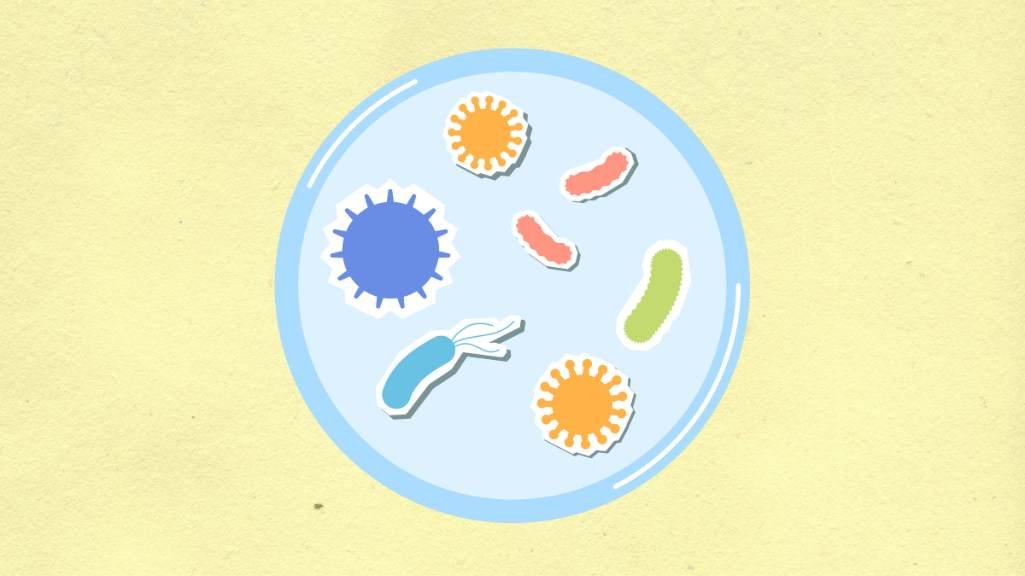The Fascinating World of Microbes: Exploring the Microbiome and Its Influence on Health
Devin Barton
. 2 min read
Microbes, tiny living organisms invisible to the naked eye, have been a part of Earth's ecosystem for billions of years. While they are often associated with disease and infection, there is another side to these microorganisms that is equally captivating and essential for our well-being - the human microbiome. The human body is teeming with trillions of microbes, collectively known as the microbiome, which play a crucial role in shaping our health and overall physiology. In this article, we will delve into the fascinating world of microbes, exploring how the microbiome influences our health, and even venture into the exciting possibilities of using video chat to connect with experts in the field for real-time insights and discussions.

Exploring the Microbiome and Its Influence on Health
What is the Microbiome?
The microbiome refers to the vast community of microorganisms that inhabit our bodies, including bacteria, viruses, fungi, and archaea. These tiny inhabitants reside in various parts of our bodies, such as the skin, mouth, digestive tract, and even reproductive organs. While many of us might associate microbes with illness, the majority of them are beneficial and support our health in numerous ways.
The Gut-Brain Axis: Microbiome and Mental Health
Recent scientific research has shed light on the gut-brain axis, a bidirectional communication system between the gut and the brain. The gut microbiome plays a crucial role in influencing brain function and mental health. Studies have found correlations between gut microbial imbalances and conditions such as depression, anxiety, and even neurodegenerative diseases. Understanding this connection opens new avenues for treating mental health disorders through interventions targeting the gut microbiome.
Microbiome and Immune System
The gut microbiome, in particular, plays a vital role in shaping the development and function of our immune system. A well-balanced microbiome helps modulate immune responses, protecting us from harmful pathogens and reducing the risk of autoimmune diseases. Disruptions in the microbiome's diversity have been linked to immune-related disorders, highlighting the significance of maintaining a healthy microbial community.
Impact of Diet on the Microbiome
Diet plays a pivotal role in shaping the composition and diversity of the microbiome. Certain foods promote the growth of beneficial microbes, while others can lead to an imbalance that negatively affects our health. Research has shown that a diverse and plant-rich diet can support a healthier microbiome and, in turn, benefit overall health.
Microbiome and Chronic Diseases
Scientists have begun to uncover links between the microbiome and various chronic diseases, such as obesity, diabetes, and inflammatory bowel diseases. By understanding how microbial imbalances contribute to these conditions, researchers hope to develop targeted therapies that can improve patient outcomes.
Early Life and the Microbiome
The early stages of life, including pregnancy, birth, and infancy, play a crucial role in the development of a child's microbiome. Factors such as the mode of delivery, breastfeeding, and early environmental exposures all impact the establishment of a healthy microbial community. Understanding these influences can lead to interventions that promote a robust microbiome from birth, setting the stage for a healthier future.
Conclusion
The microbiome is a fascinating and complex ecosystem that exists within us, profoundly influencing our health and well-being. From mental health to immune function and chronic diseases, research into the microbiome opens up new frontiers in medicine and healthcare. As we unravel the mysteries of this hidden world, the potential to harness the power of microbes for personalized medicine and therapies holds great promise. Embracing the symbiotic relationship between humans and their microbial counterparts can pave the way for a healthier and more harmonious future.

